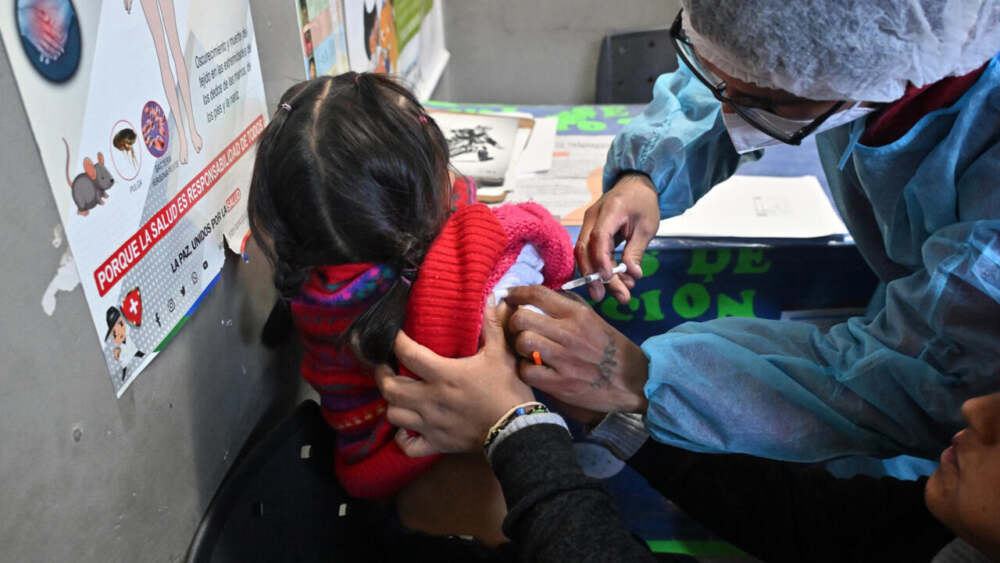A new survey of over 2,700 U.S. parents reveals growing hesitancy about routine childhood vaccinations. The poll shows that about 16% of parents say they have skipped or delayed at least one non-flu, non-COVID vaccine for their child. While major childhood vaccines like polio and measles, mumps & rubella (MMR) remain broadly trusted, there are clear divides in confidence — especially for newer or seasonal vaccines.
Key Findings
- Strong support for traditional vaccines: Roughly 90% of parents believe the MMR vaccine is important in their community, and about 88% say the same of the polio vaccine. Most also feel these vaccines are safe, with about 84-85% expressing confidence in their safety.
- Skepticism toward flu & COVID vaccines: In contrast, only about 56% of parents believe the seasonal flu vaccine is important, and just 43% view the COVID-19 vaccine similarly. Fewer parents trust the safety of these newer or seasonal vaccines compared to the longer-standing ones.
- Demographics of hesitancy: Parents under 35, Republican parents (especially those aligned with the MAGA movement), and those who homeschool are more likely than others to skip or delay vaccines. In homeschooling families especially, the rate of skipping or delaying is substantially higher.
- Reasons cited for hesitation: The most common reasons for delay or skipping include fears about side effects, concerns over vaccine safety, and beliefs that some of the vaccines are unnecessary. Worries about getting many shots at one time also feature prominently.
- Trust in authorities wavers: Confidence in federal health authorities — specifically agencies responsible for vaccine oversight — is low. Only a small fraction of parents say they have “a lot” of confidence in agencies’ ability to ensure vaccine safety and effectiveness. Many express uncertainty or distrust.
- Misleading claims still muddy the waters: Though relatively few parents explicitly believe debunked statements such as “MMR causes autism,” a large share say they don’t know enough to judge. This uncertainty is even greater among parents who have children with autism.
Implications & Challenges
- Even though most parents adhere to vaccination schedules, the data suggest cracks in public confidence which could pose risks of declining vaccination rates—and with them, potential resurgences of preventable diseases.
- The generational shift (younger parents showing more skepticism) may signal that these attitudes could become more widespread if not addressed.
- The political dimension (partisanship, political identity) is becoming more pronounced in vaccine hesitancy, suggesting that vaccine messaging may need to be tailored to different audiences.
- Misinformation and confusion appear to be major contributing factors. Uncertainty about the safety and necessity of vaccines, combined with changes in federal vaccine policy and public debate, are creating an environment where people feel less sure.
Conclusion
While the vast majority of U.S. parents continue to see long-standing vaccines like MMR and polio as both safe and necessary, this poll highlights areas of growing concern: younger and politically conservative parents are more likely to delay or skip vaccines, and trust in institutions is eroding. These trends suggest a need for clear, targeted communication from health authorities, reaffirmation of vaccine safety evidence, and efforts to counter misinformation before vaccine coverage drops.















Leave a Reply